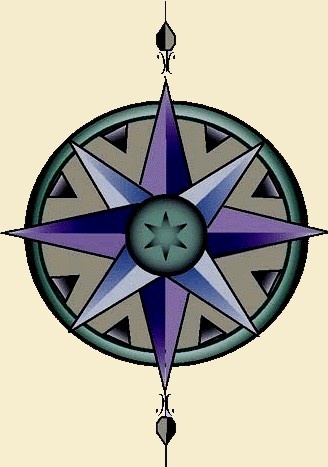Yesterday I heard a conversation that gave me further pause to consider our carelessness regarding names:
"Thanks, Billy.”
“It’s William.”
“OK, whatever."
Whatever? When did a person’s name stop mattering? I suppose it shouldn’t surprise me that we are so flippant about people’s names. After all, we can change criteria for identifying a planet. Deciding to un-name something as big as a planet is, um, big.
Names were so important in the Bible that God often intentionally renamed people at significant times of change in their lives. God didn’t decide that “Paul” would roll off the tongue easier than “Saul” or perform market research on Abram vs. Abraham. One’s name had to match one’s identity. The change in their lives happened first. Many other cultures today continue the tradition of naming or renaming individuals as a rite of passage. Your name describes who you are. Not exactly something to be taken lightly.
One of my favorite passages in The Two Towers by JRR Tolkien explains it well,
“Real names tell you the story of the thing they belong to in my language... it takes a very long time to say anything in it, because we do not say anything in it, unless it is worth taking a long time to say, and to listen to.”
In her book “Walking On Water,” Madeline L’Engle talks about naming as a process. Every experience that touches us, art we view, songs we hear, what we read, it all contributes to the process of understanding our true identity. We are named, truly named in our hearts, by the things that resonate with our souls, the things that call us home.
In our arrogance, we humans have the power to change the name of someone or something. But it seems the names themselves might have more power.

1 comment:
Boy, I hear you on this one. What is in a name? You know my "issues" with names. Thank you for talking about this.
Post a Comment